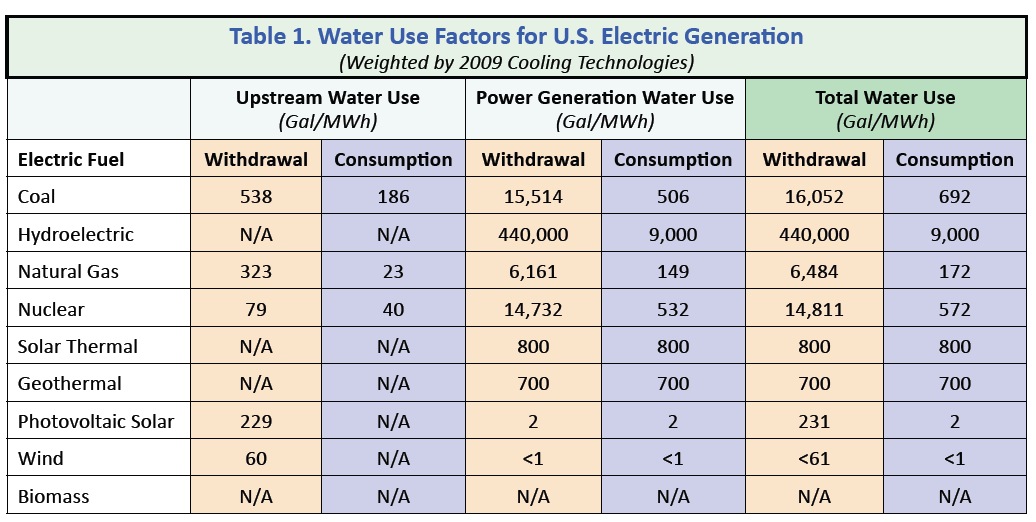
RIVER NETWORK
It takes water to produce electricity. As many Americans retreat to air-conditioned environments to get out of the heat, the flame increases under our limited freshwater resources. The electrical energy used to create our comfort zones requires massive withdrawals of water from our rivers, lakes and aquifers to cool down nuclear, coal and natural gas power plants.












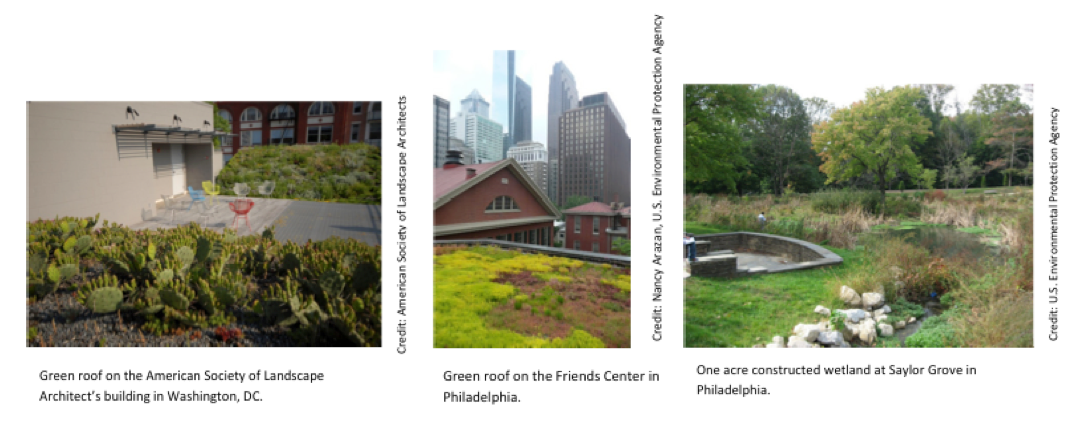
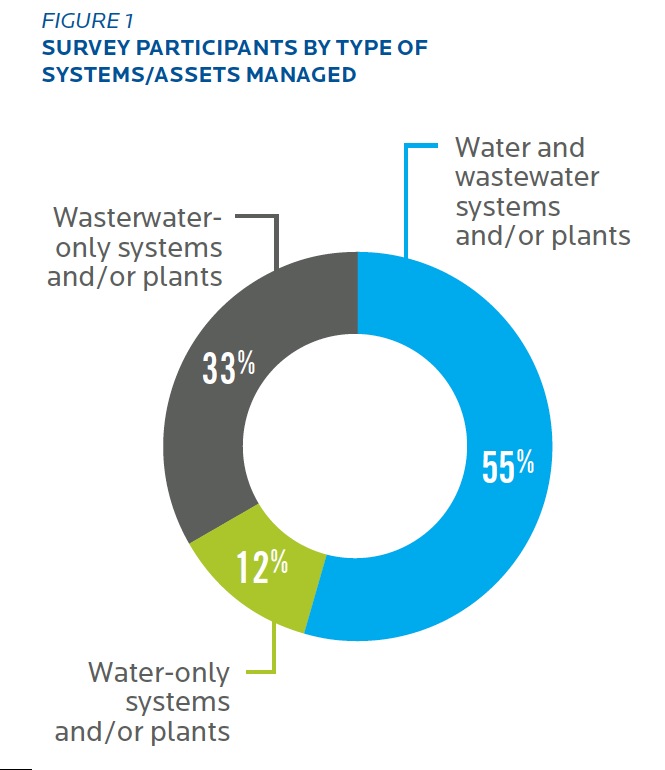
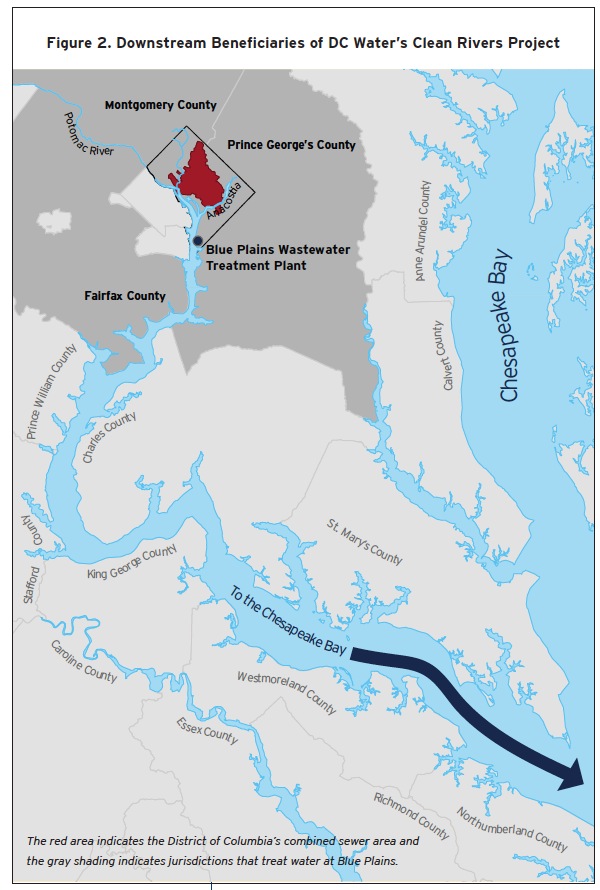
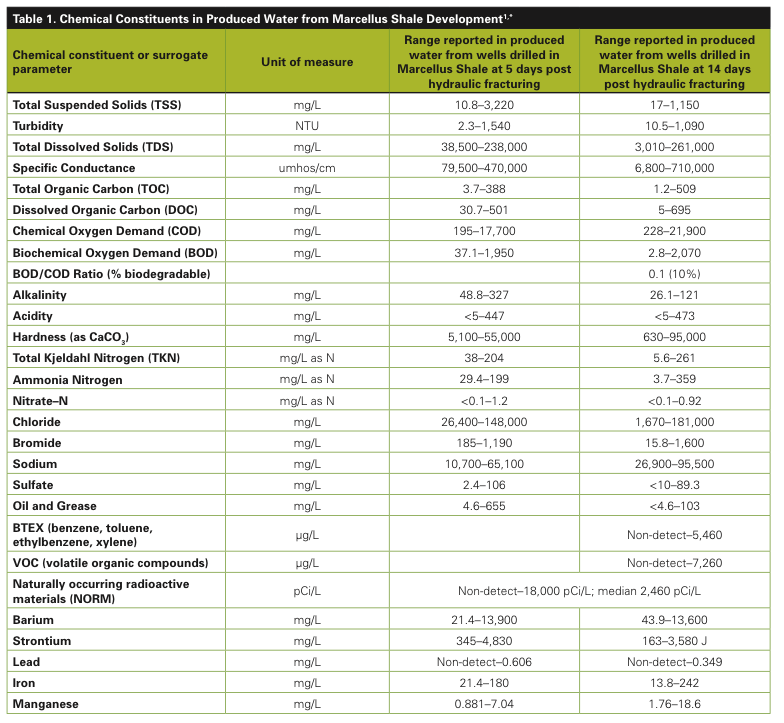
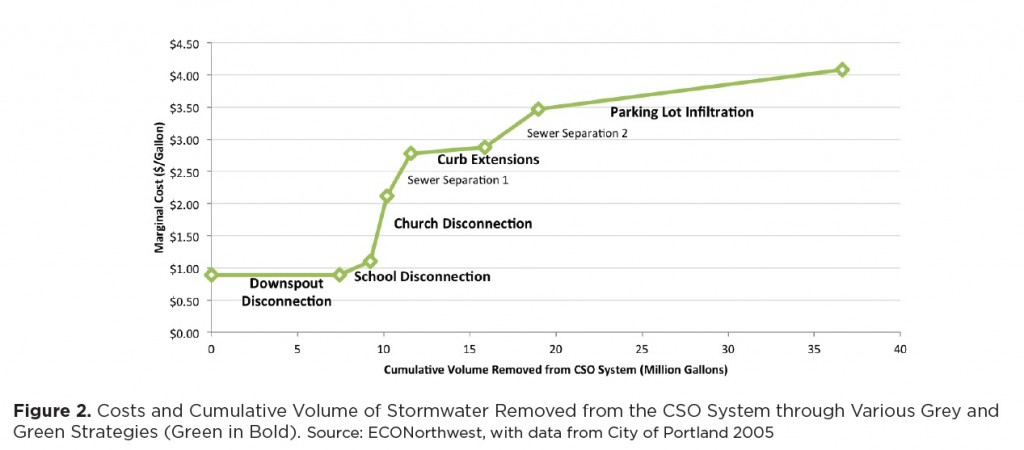
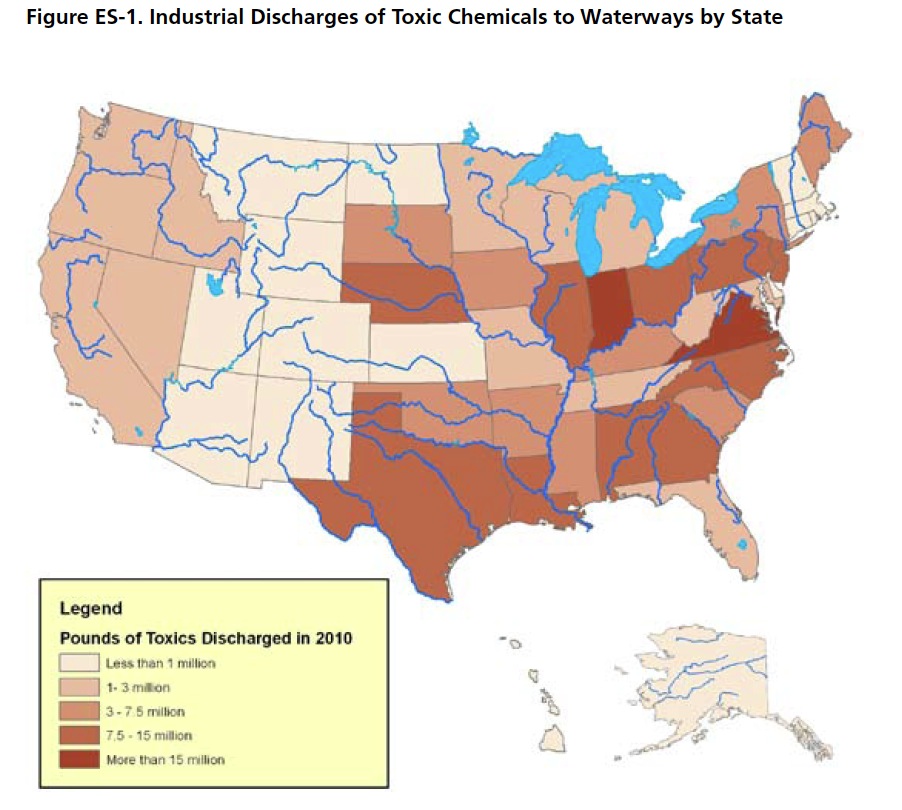
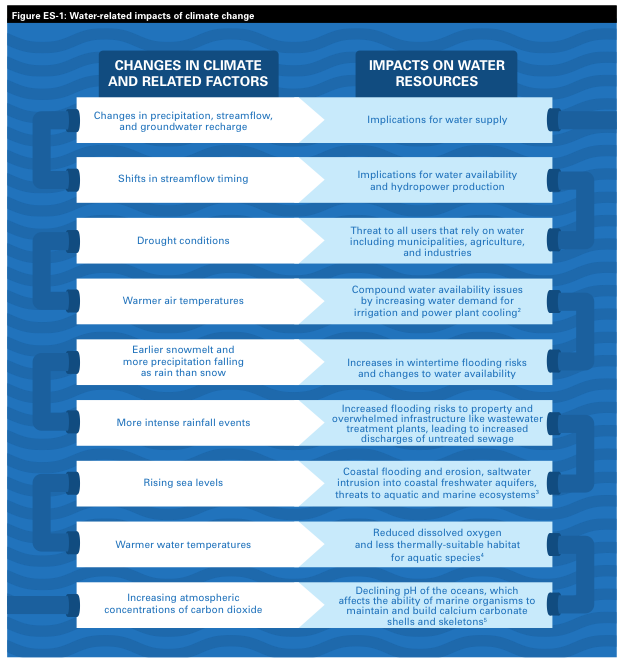

 RSS Feed
RSS Feed